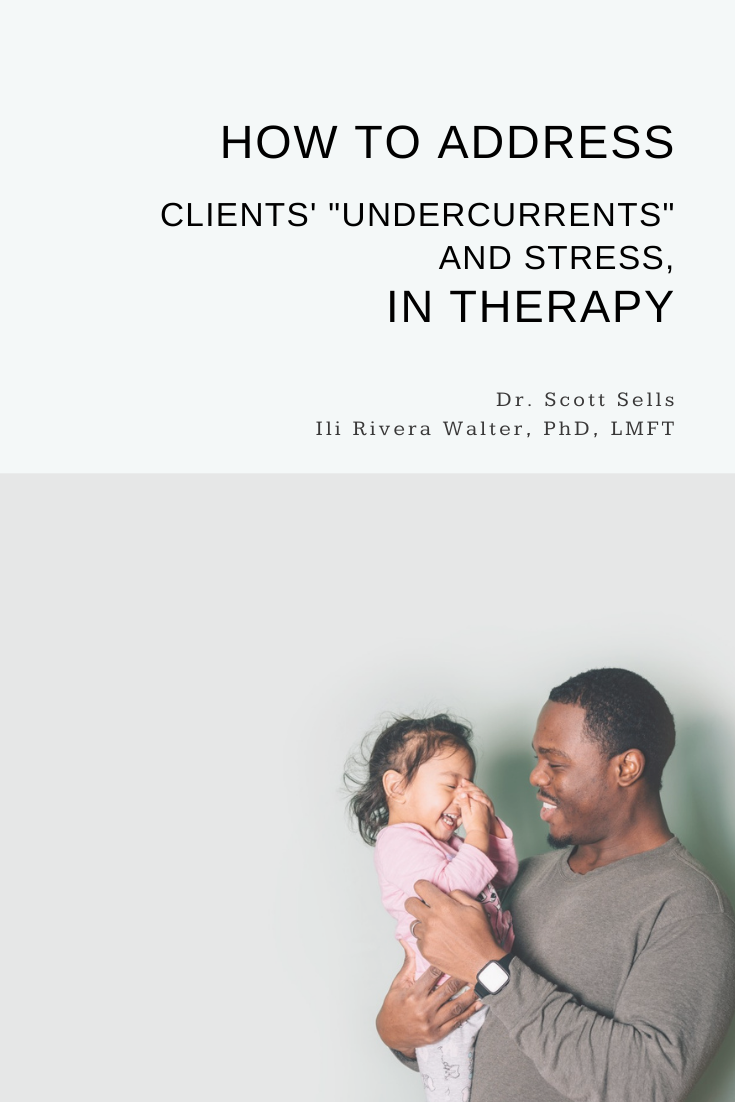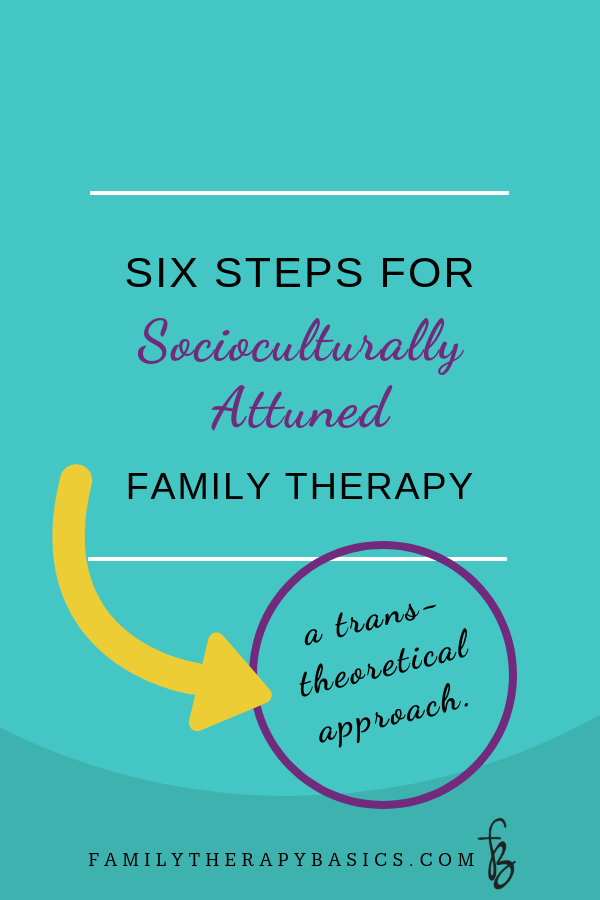EFT is an evidence-based systemic approach to couple therapy that centers on re-establishing intimacy between partners. Practitioners incorporate emotional expression and externalizing of the couple dynamic in order to foster teamwork and healthy attachment.
The April issue of The Journal of Marital and Family Therapy (JMFT) included several articles on outcomes related to the use of EFT. Today, I am summarizing one of these articles, Vulnerable Emotional Expression in Emotion Focused Couples Therapy: Relating Interactional Process to Outcome, by McKinnon and Greenberg, and highlighting the main results. If you are an EFT practitioner, or interested in EFT, I encourage you to take a look at additional articles found in this JMFT issue.
"Helping couples to reveal their underlying vulnerable emotions and to respond to one another's vulnerable emotional expressions in an empathic, supportive manner is crucial to relationship repair and healing." - McKinnon and Greenberg (2017)
Participants
The study included couples that had "unresolved hurt or anger" related to a relationship injury from their partner at least two years in the past. Participating couples were also required to have been living together for at least two years.
Procedures
Each partner completed several assessments related to "forgiveness, trust, unfinished business, and relationship satisfaction" one week prior to treatment and one week following treatment. Raters watched videotaped sessions of each couple for emotionally vulnerable and supportive communication. They assigned an overall vulnerability and supportiveness score to each partner. The researchers' hypothesis was that high levels of vulnerability matched by high levels of supportive response would result in higher post scores on assessments by each partner.
Results
The researchers hypothesis was accurate. A meaningful result of this study is that “the resolution of an emotional injury is most likely to occur when a) the offending partner shows a high level of supportiveness at those times when the injured partner expresses vulnerable emotion, and b) the offending partner expresses a high level of vulnerable emotion himself or herlself. Whether or not the injured partner responded to the offending partner’s vulnerable emotional expression with a high level of supportiveness was found to be of little consequence to outcome in this sample" (McKinnon & Greenberg, 2017, p. 209).
The researchers also noted an unexpected outcome: The "offending" partner's high level of vulnerability during therapeutic dialogue was not associated with increased relationship satisfaction, but did impact scores for forgiveness and unfinished business.
Takeaway
What all therapists can take away from this research study, regardless of their theoretical approach with couples, is that helping "offending" partners stay in the moment of their partner’s vulnerability and communicate support is a significant factor in resolving long-term relational injury.
The authors also note that the offending partner must feel comfortable expressing vulnerability in therapy sessions. While no one person's vulnerability is most important, the offending partner's support is crucial in moving the couple past the injury.
Resources for further reading:
Dr. Sue Johnson's website: http://www.drsuejohnson.com/
Let's Chat
What approach do you use with couples?
What is your experience with EFT?
* This post contains amazon affiliate links. If you choose to purchase via the link, I earn a small percentage that supports this blog.













